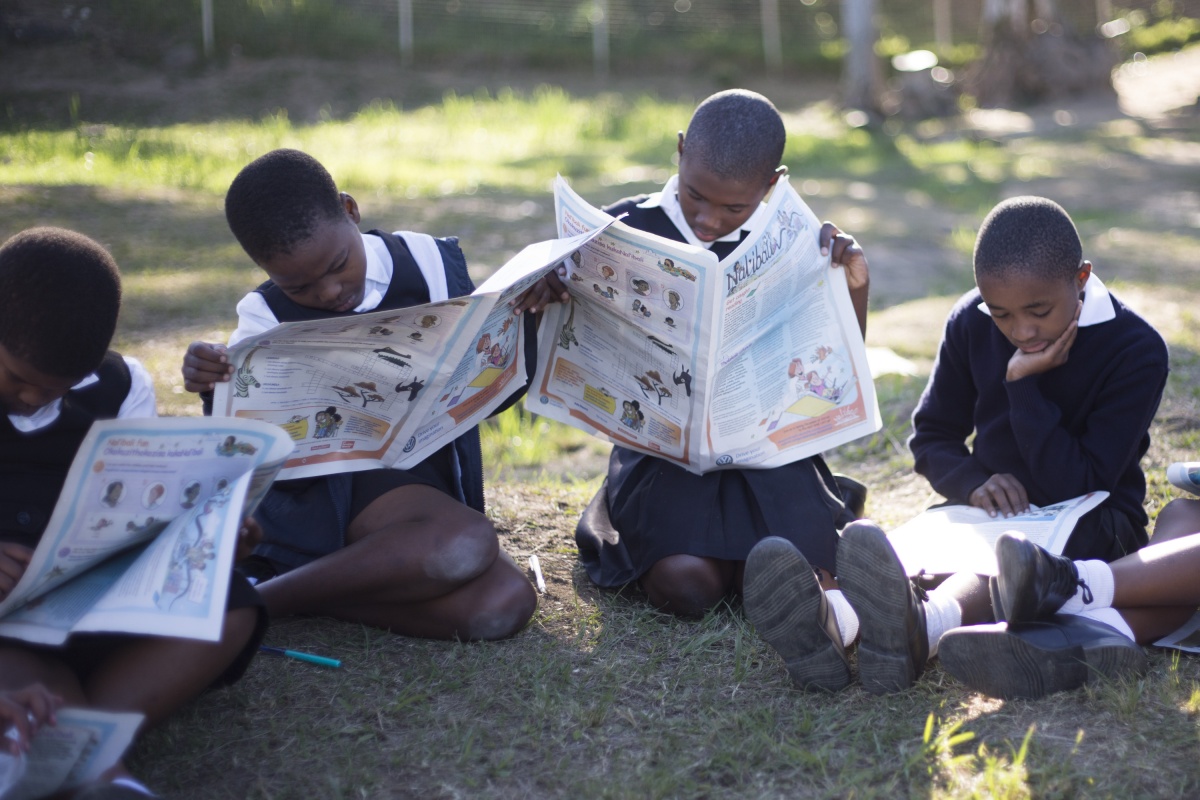“Zinhle loved skipping in the playground with her friends Sindi and Zongi. Just one thing worried her...” This is how the story Hair Magic by Mbali Kgame begins and is just one of hundreds of stories that the Nal’ibali team has published in different official South African languages over the past eight years.

Now, in a bid to provide more low-cost access to free and good-quality children’s stories for families with limited Internet access during the national lockdown, Nal’ibali – South Africa’s reading for enjoyment campaign – has launched its newest and easiest way to access stories: Its WhatsApp storyline.
“At Nal'ibali, we like to meet our audiences where they're at. In the first quarter of 2020, we saw a 103% increase in online conversions meaning more people are consuming our content digitally than ever before. WhatsApp is fast becoming the number one trusted choice for communication globally, so it made sense to capitalise on this digital trend to create more access to our resources. Not only does the platform offer a closed, personal environment in which to communicate one on one, it's significantly cheaper to use than other mobile network operators. An average standard tariff text message costs R0.51 while a WhatsApp message costs a fraction of that at just R0.00005.” says Ben Rycroft, Head of Communications at Nal’ibali.
Storytelling and reading are an important part of how parents can keep children engaged and learning while at home. And, while many caregivers may feel overwhelmed and ill-equipped to support children with their schoolwork while juggling their own workload, instilling a love of reading and stories in their children is an invaluable investment in their education too and can be achieved in just a few minutes each day.
By simply sending the word “stories” to Nal’ibali’s WhatsApp number – 060 044 2254 – families can access up to ten different stories in their preferred languages. Stories are currently available in English, isiZulu, isiXhosa and Afrikaans, but there are plans to include Sepedi, Sesotho, Setswana and Xitsonga stories in the near future. Further, the story selection will be updated regularly to ensure children and caregivers have access to new and different titles to choose from.
“We have seen an increased demand for stories over the past few weeks – our new virtual reading clubs and 21-day story challenge have both proven to be extremely popular and seamless to access. The WhatsApp storyline is therefore another solution to ensure that even during these challenging times, every child has an opportunity to explore the world through stories and in the language that they are most comfortable with,” concludes Rycroft.
For more information about the Nal’ibali campaign, or to access children’s stories in a range of SA languages, visit www.nalibali.mobi or find them on Facebook and Twitter: @nalibaliSA.
